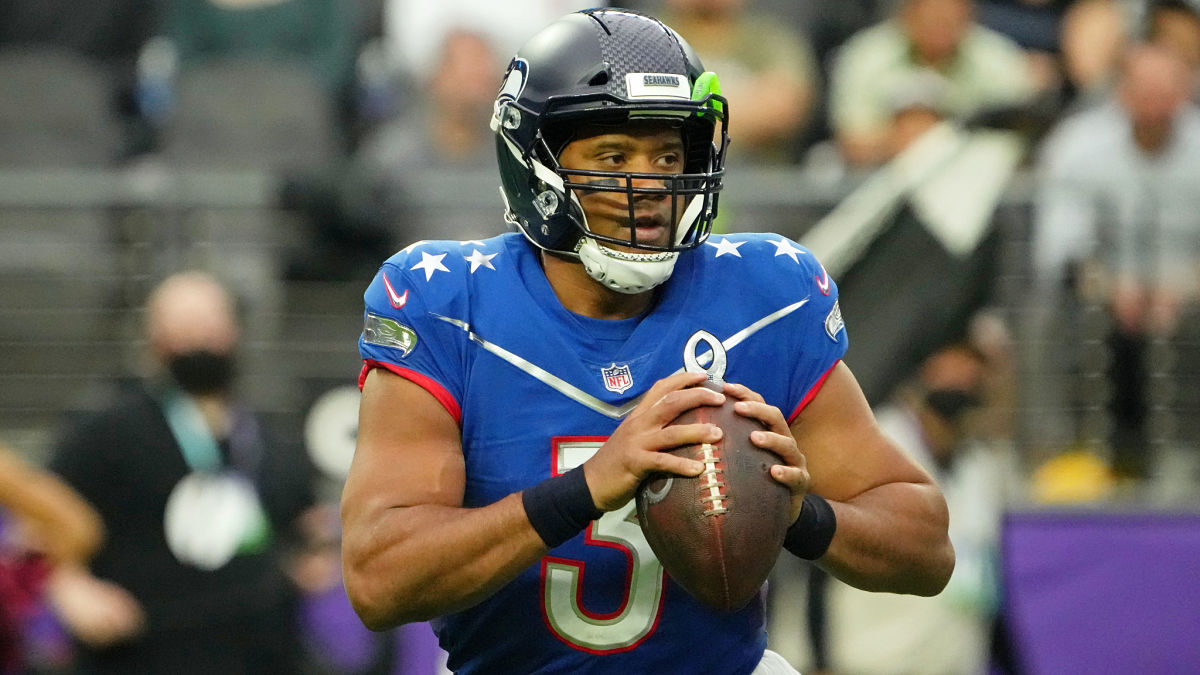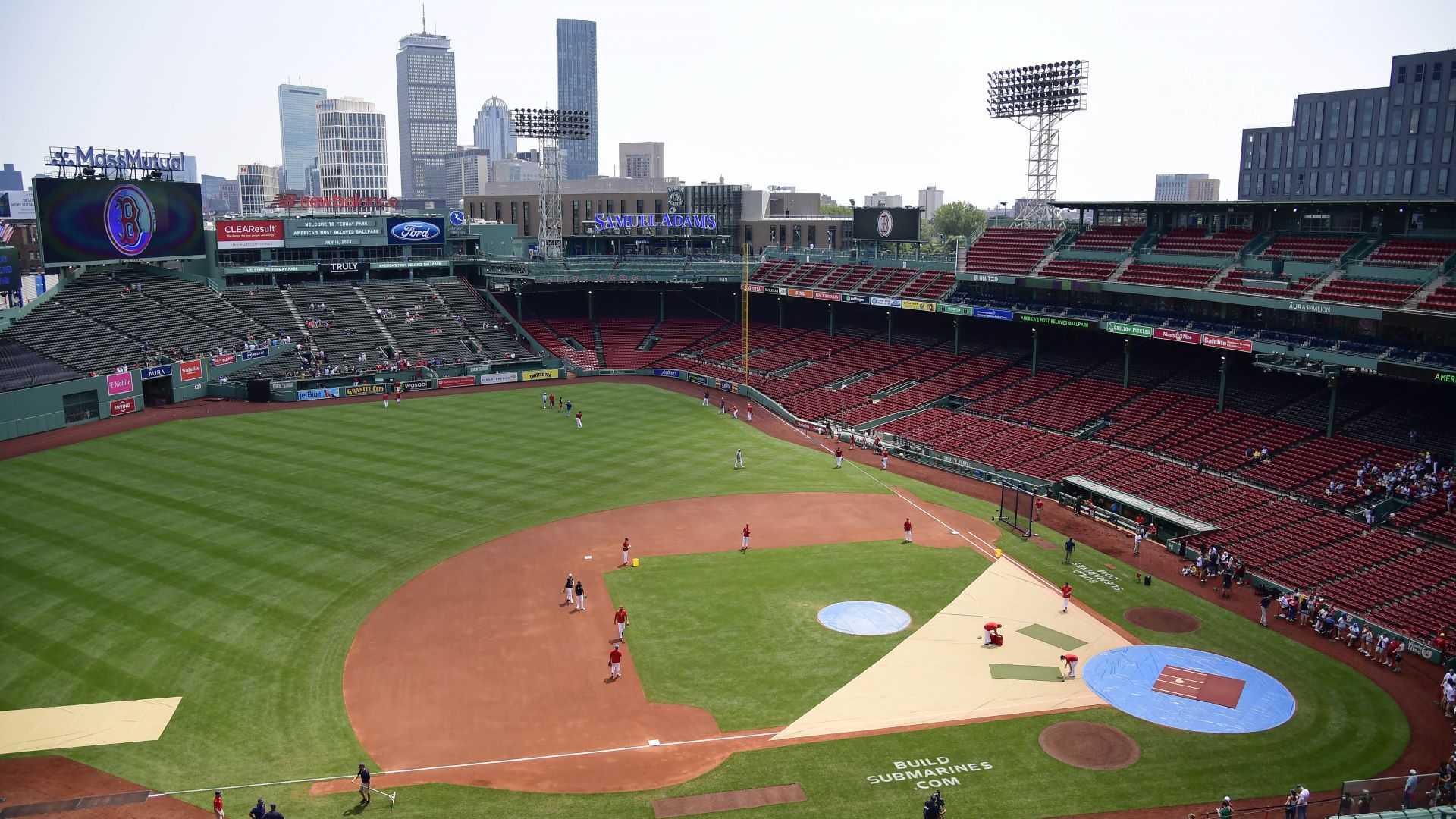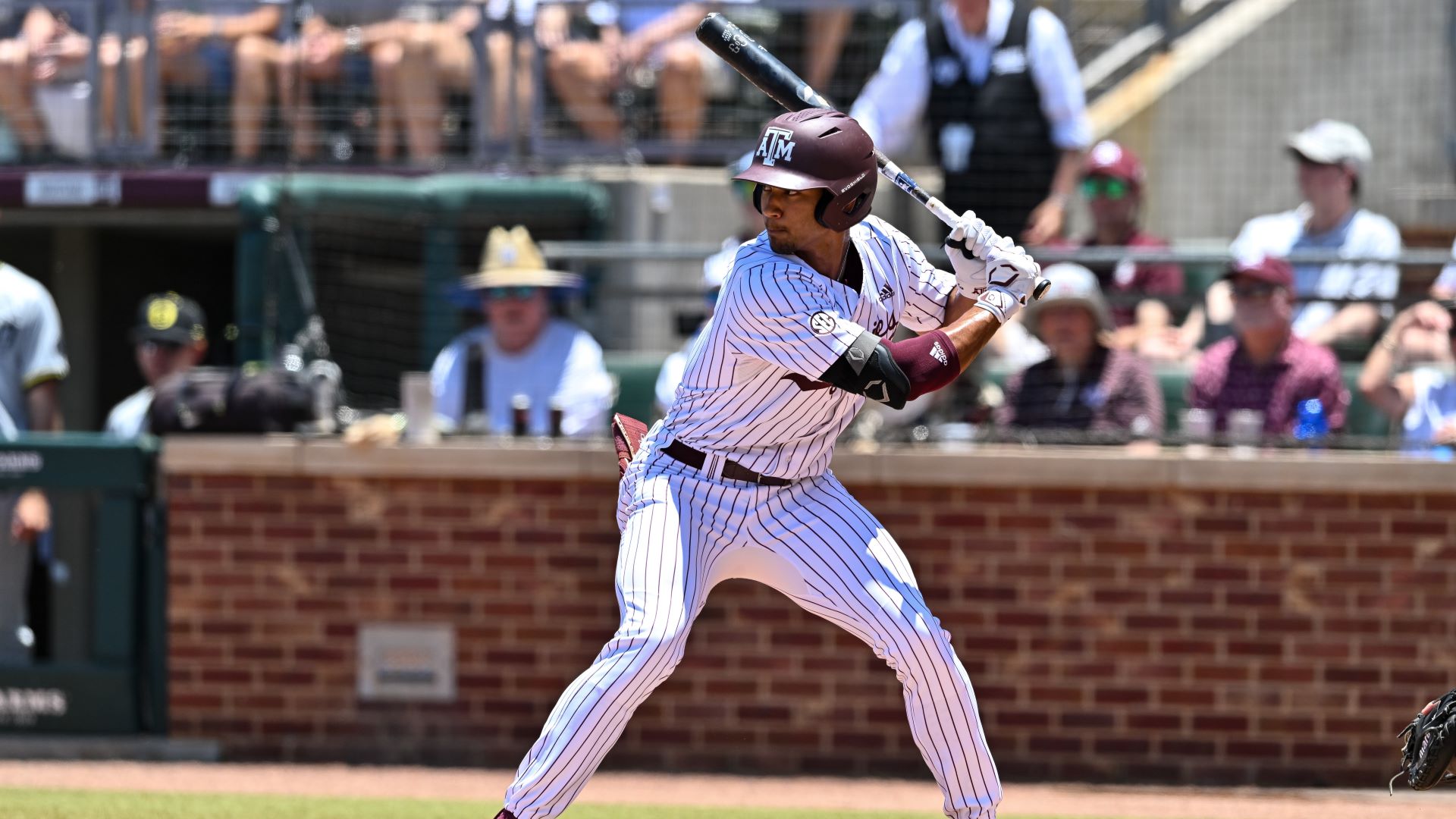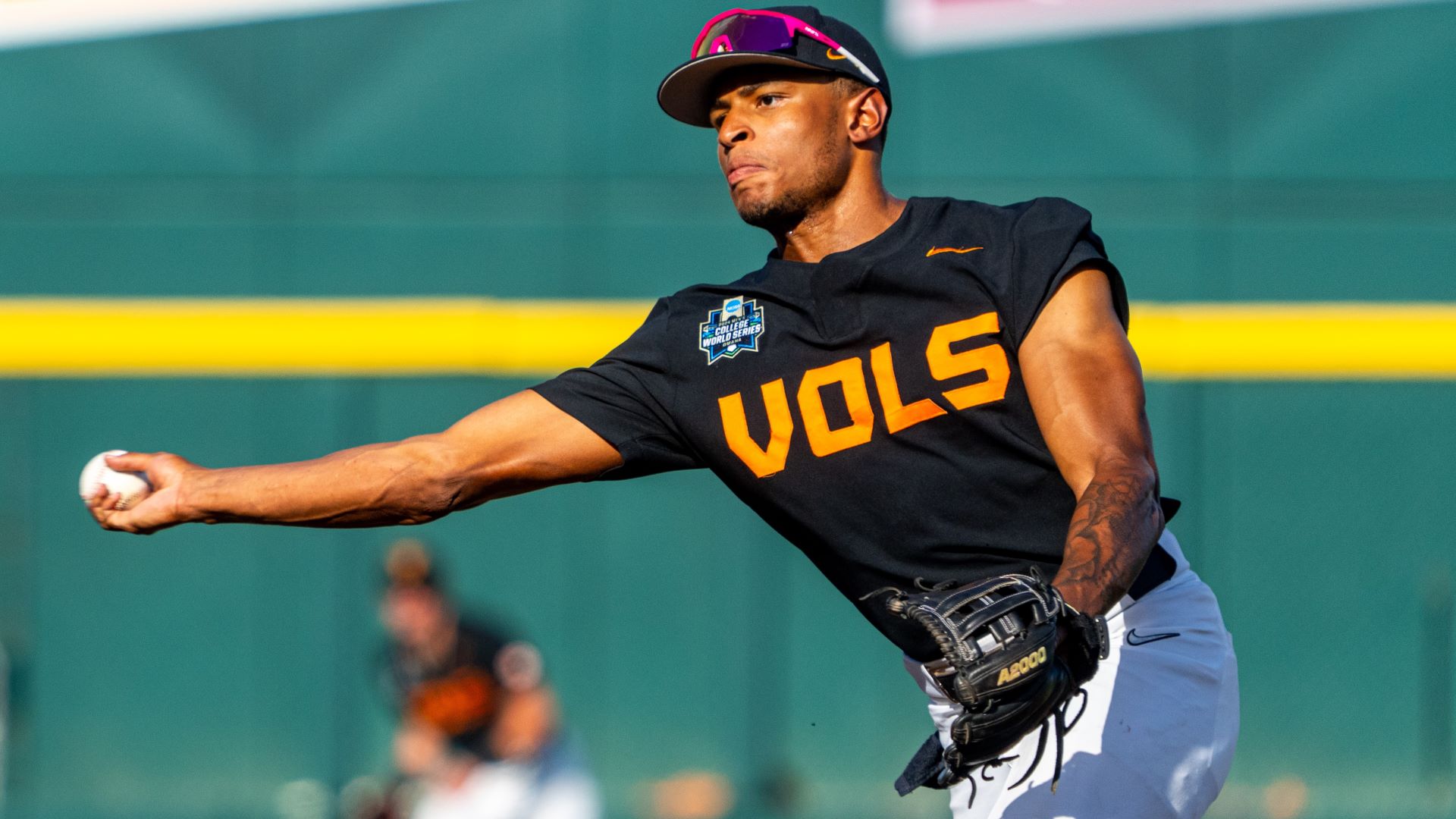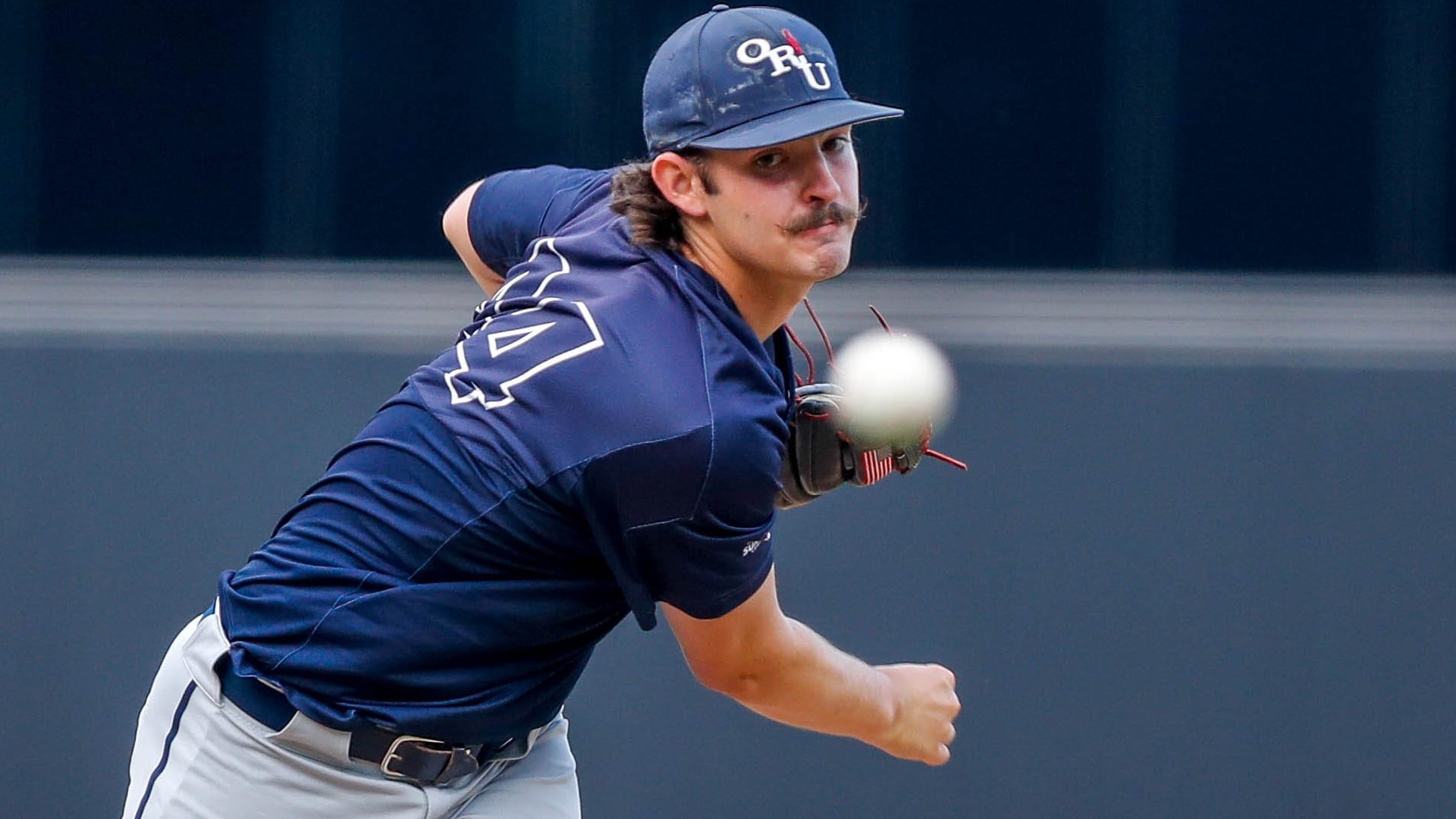The Vanderbilt baseball team shocked the entire sport when it made its season debut against Oklahoma State wearing electronic wristbands.
But soon, those wristbands could be the norm across the sport.
As outlined in a feature by SportTechie, each Commodores player wore wristbands that relayed pitching and defensive alignment signals from the coaching staff directly to the players on the field. The entire team, not just the pitcher and catcher, was able to see the pitch calls and location. This allowed fielders to make defensive adjustments on a pitch-by-pitch basis.
Still, the ability to call pitches, alignments and offensive signals all in one place, and only where his own team could see it, was intriguing to Vanderbilt head coach Tim Corbin. The Commodores are an elite program and Corbin is one of the most successful coaches in baseball, so when the "Vandy Boys" start to evolve, the rest of the game would surely follow. Since Vandy's season opener, 111 college programs have called Game Day Signals requesting electronic wristbands, according to SportTechie.
The electronic wristbands provided two main benefits.
First, they speed up the game.
"The game ... moves faster than it has before," Corbin told Tom Friend of SportTechie. "I just think it's a lot easier. But it's no different than really the catcher giving the sign. Now he doesn't give the sign. He just has to set up more than anything else so the pitcher can really deliver the ball with a 10-or-12-second time period, which shaving time off the college game is certainly, I would think, a good thing for everyone. Especially the consumer."
Game Day Signals, which invented the electronic wristband Vanderbilt uses, determined the electronic signaling saved 24 minutes of the total game time.
The second benefit of electronic signaling, presumably, would be to avoid sign stealing. The device is discrete and came at a time following one of the biggest scandals in baseball history.
If successful, electronic wristbands soon might not be exclusive to the college landscape. The Los Angeles Dodgers organization has already brought these devices to the professional level at the lower levels of the minor leagues.
The entire SportTechie feature is worth a read for what it suggests for the future of baseball. Who knows? In a few years, maybe pitchers everywhere will be getting signs from their wrists.

